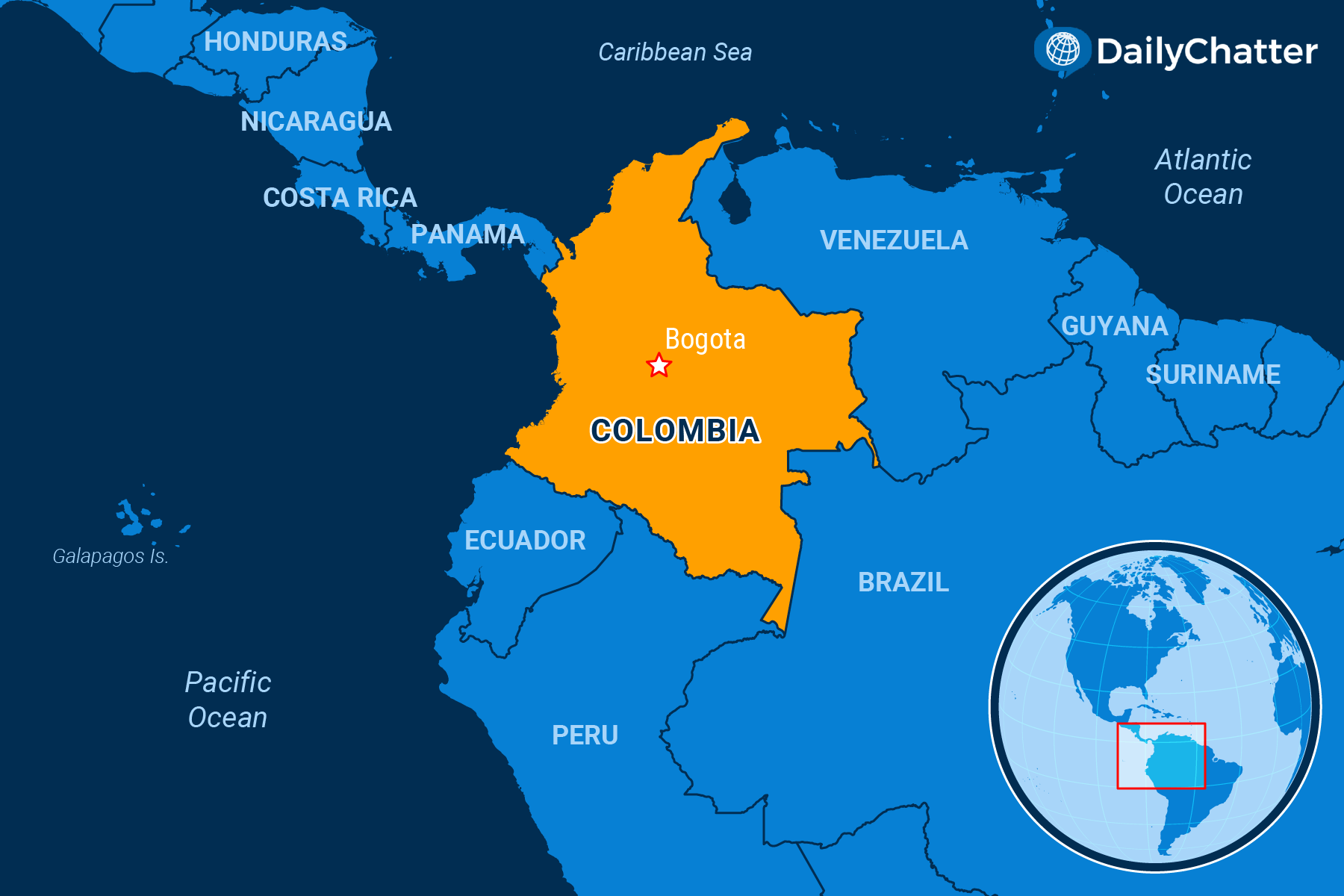he Faustian Pact
EL SALVADOR

El Salvador began its trial against former President Mauricio Funes this week, with prosecutors alleging that the former leader had negotiated a truce with the country’s street gangs during his 2009 to 2014 presidential term, the Associated Press reported.
Authorities accused Funes of illicit association and failure to conduct his duties for the gang truce negotiated in 2012. But the former president denied that he associated with the criminal groups or gave its leaders any privileges.
He countered that the truce was made between rival gangs, not with the government.
Funes is currently living in Nicaragua and he is being tried in absentia. If found guilty, he could face up to 11 years in prison even though it is unlikely that he will ever serve time in El Salvador.
Meanwhile, Salvadoran authorities have similarly charged other officials.
Allegations of engaging with criminal gangs have also hit incumbent President Nayib Bukele.
In December 2021, the US Treasury accused Bukele of secretly negotiating a truce with gang leaders in exchange for political support. The imprisoned gang leaders allegedly received privileges in exchange for reducing their killings and giving support to Bukele’s party.
The truce fell apart in March 2022 when the gangs killed 62 people in a single day. Bukele responded by suspending some rights and waging war against the gangs, a battle that continues.













